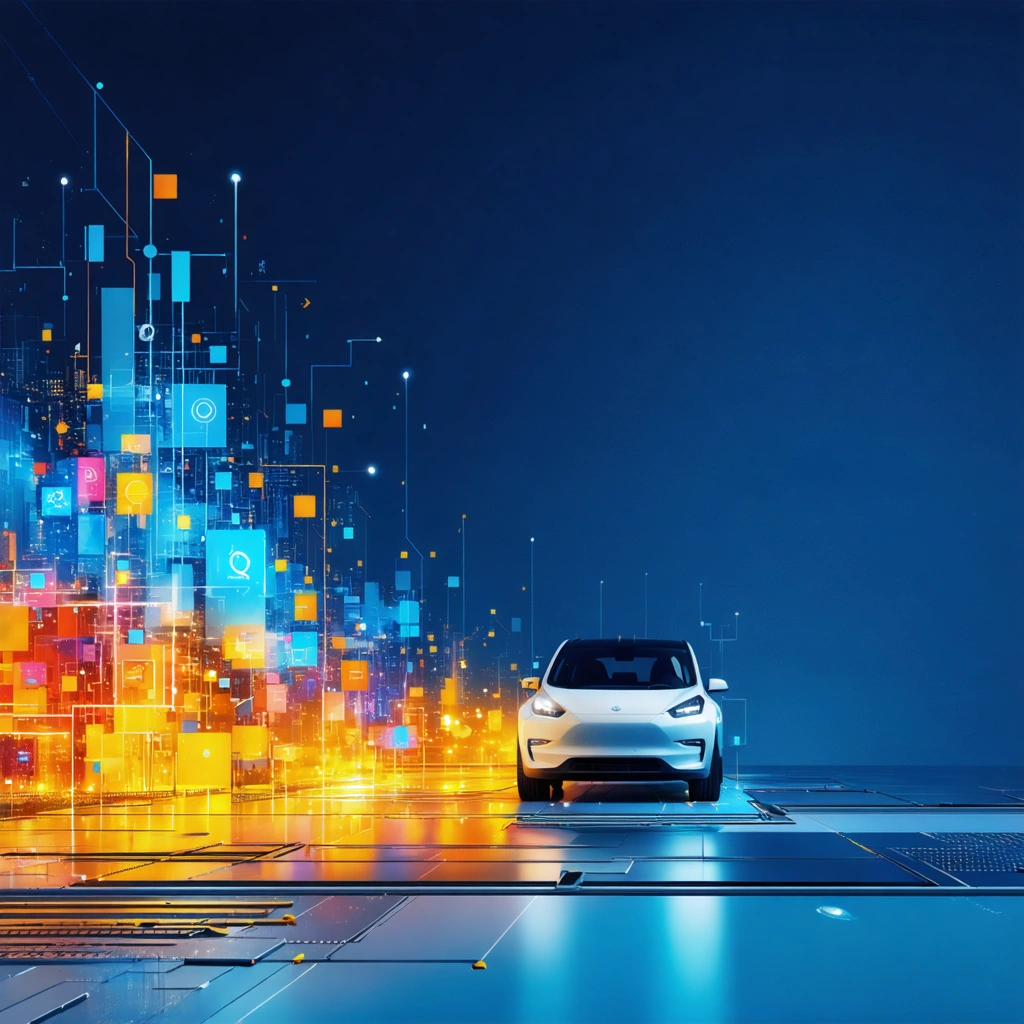
Introduction: The Modern Off‑Grid Experience
In today’s fast‑paced, technology‑driven world, reliable electricity remains a fundamental necessity for both personal convenience and business operations. However, there are occasions when traveling to remote sites, such as off‑grid expos, leaves individuals and organizations facing unexpected challenges. One recurring issue is the scarcity or absence of available power sources. This article explores the practical approaches, business strategies, and innovative solutions to overcome these challenges while highlighting the importance of planning and collaboration in off‑grid scenarios.
Understanding the Off‑Grid Environment
The Context of Off‑Grid Expos
Off‑grid exhibitions offer a unique glimpse into sustainable living and environmentally responsible practices. They are often attended by enthusiasts, entrepreneurs, and businesses that prioritize renewable energy technologies, alternative power sources, and self‑sufficiency. Attendees may range from technology investors and eco‑innovators to everyday consumers interested in reducing their carbon footprint. Despite the inspiring ethos, the reality for many participants is the immediate challenge of securing usable power during the event.
Challenges of Limited Access to Power
The primary challenges associated with limited access to electricity during off‑grid events include:
- Unpredictable Energy Supply: Relying on renewable sources like solar or wind energy may lead to intermittent power availability due to weather conditions.
- Infrastructure Limitations: Remote locations often lack the standard power grid infrastructure required for consistent charging capabilities.
- High Demand Versus Supply: Many devices and gadgets require charging simultaneously, leading to competition for scarce energy resources.
- Reliability Concerns: Business-critical presentations and digital transactions may be severely disrupted in the absence of a reliable energy supply.
Strategies for Managing Charging Needs at Remote Events
Collaborative Approaches: The Value of Mate Ship
The concept of mate ship, ingrained deeply in cultures such as Australia’s, emphasizes mutual assistance. When facing a shortage of power, asking for help or pooling resources is crucial. The business approach can incorporate:
- Power Sharing Networks: Establishing designated charging stations among trusted partners and fellow participants.
- Resource Allocation: Prioritizing power distribution based on the needs of key devices and critical business functions.
- Community Collaboration: Leveraging communal energy banks or portable converter car power packs shared among a group.
These collaborative practices are not only in line with traditional values but also serve as a modern solution to power scarcity at off‑grid expos.
Innovative Technological Solutions
Advancements in portable and renewable energy solutions have led to several viable options for off‑grid charging:
- Portable Solar Panels: Compact, foldable solar panels allow for flexible installation and can be used to charge batteries during peak sunlight hours.
- Battery Storage Systems: High‑capacity batteries and power banks can store energy for later use, ensuring steady supply even when direct power sources are unavailable.
- Hybrid Power Systems: Combining solar, wind, and thermoelectric generation can yield a more robust energy network that adjusts to environmental variability.
- Energy Monitoring Tools: Smart meters and energy management applications help monitor usage and optimize charging efficiency.
Practical Implementation: From Planning to Execution
Pre‑Event Planning and Risk Management
A proactive strategy is essential for managing power limitations. Business professionals and event organizers can adopt the following best practices:
- Energy Audit: Conduct a preliminary assessment of expected energy requirements and potential shortfalls.
- Infrastructure Mapping: Identify available resources, such as local renewable energy facilities or backup generators near the event venue.
- Stakeholder Engagement: Encourage participation in a shared energy management plan by coordinating with vendors, suppliers, and participants.
- Contingency Planning: Develop backup plans that include emergency power solutions and reserve energy supplies in the event of unexpected outages.
On‑Site Management and Real‑Time Adaptation
Once on the ground, the success of the energy management strategy depends on agile execution. Key components include:
- Dynamic Resource Allocation: Utilize monitoring tools to track energy consumption and redistribute charging capacity as needed.
- Collaborative Oversight: Implement a centralized control point where energy supply and demand are continuously balanced.
- Technology Integration: Integrate smart grid technology to automate load balancing and reduce human intervention.
The use of tables can provide a clear snapshot of available resources and planned usage. Consider this hypothetical table:
| Resource | Capacity (kWh) | Deployment Area | Backup Availability |
|---|---|---|---|
| Solar Panels | 10 kWh | Main Exhibition Hall | Yes |
| Portable Batteries | 5 kWh | Support Booths | No |
| Wind Turbines | 7 kWh | Outdoor Pavilion | Yes |
Conclusion: Embracing the Future of Off‑Grid Power Solutions
Off‑grid expos offer more than just a showcase of renewable energy technologies; they provide a living laboratory where businesses and individuals learn how to handle energy scarcity in real‑time scenarios. The diverse strategies—from leveraging traditional support networks to adopting innovative technology—illustrate the multifaceted nature of off‑grid power management.
By incorporating detailed planning, embracing collaborative efforts, and applying smart technology, stakeholders can overcome the challenges posed by limited charging opportunities. Ultimately, the key to success lies in proactive preparation and a willingness to adapt to changing circumstances. Such resilience not only mitigates operational risks but also sets the stage for a sustainable future where power is accessible even in the most remote locations.
As the reliance on renewable energy becomes more pronounced, both business professionals and technology innovators are encouraged to explore and invest in off‑grid solutions. The lessons learned from off‑grid expo experiences prepare us to anticipate and address future energy challenges, ensuring that businesses remain productive and competitive regardless of geographical constraints.
In summary, tackling the issue of finding a charge at an off‑grid expo is a multifaceted challenge that necessitates both a forward‑thinking approach and an appreciation for traditional community-oriented solutions. By adopting the strategies discussed in this article, you can transform potential obstacles into opportunities for innovation and growth, building a resilient framework that serves your energy needs beyond the conventional grid.




